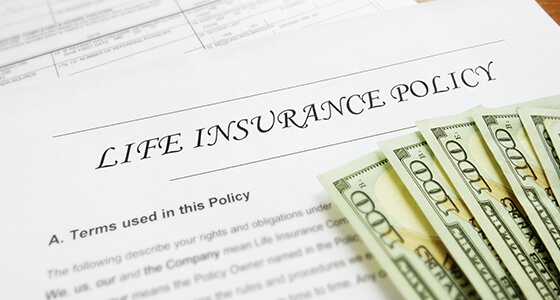The global effect of the millennial generation is growing exponentially. These youngsters have now also entered the job world and received their first pay checks. But despite their zeal to excel and brimming confidence, millennials often tend to overlook preparing for the long term. Preparing for the future is essential for every adult and opting for good life insurance plans can be a positive step in that direction.
You should not overlook the benefits of life insurance just because you are young and healthy right now. Many 20 to 30-year-olds are delaying their entry into the global workforce, purchasing houses, and starting families. So, it’s only natural that they would also tend to delay their life insurance purchases. According to studies, the youth also underestimate the price of a life cover and do not feel it is as big as other monthly expenses. But there are many compelling reasons for youngsters to invest in additional security resources for their future.
The most refined hypothesis one can make is to prepare for unforeseen circumstances. And maybe the best way to do so is to invest in insurance measures to guarantee that your responsibilities are fulfilled even when you are not there anymore. Thus, millennials need to stop waiting for that elusive right time to purchase a life insurance plan.
Benefits of purchasing life insurance early in life
Life insurance is an unquestionable requirement for everyone. It is like a safety net that you and your family might require in the future. A good life insurance policy protects you against the most unexpected situations in your life, such as an accident and an ill-fated tragedy, which could disrupt your goals. Growing up comes with many responsibilities, one of which is to protect your loved ones. As a result, getting yourself a life cover at the very beginning of your adult life would prove to be beneficial. Some of the advantages of purchasing a life insurance policy for millennials include:
● Reasonable premiums: A frequently asked question is what age is ideal to get a life insurance policy. Well, the sooner you get it, the better. You are at your peak when you are young. As you grow old, you become more vulnerable to basic afflictions such as injuries and lifestyle illnesses caused by a stressful work environment. As a result, you may find it useful to purchase life coverage in your early years for a relatively low cost, with no danger of an increase in life insurance premium later.
● Riders: In addition to death benefits, life insurance protects you against many other events through numerous add-ons. However, your capacity to purchase the riders is determined by your wealth and age. It is much easier to consistently acquire these riders in life when you are in the pink of health.
● Family protection: There is no age limit when it comes to protecting your family’s future. So, it is best to buy a life insurance policy as soon as possible. Life insurance would most likely serve as a financial safety net for your family in case of your untimely demise.
● Generate wealth at an early age: Twenty-to-thirty-year-olds must understand the need to acquire wealth from an early age. And additional security plans, such as a ULIP (Unit Linked Insurance Plan) policy, endowment policy, or a term insurance policy, may help you in achieving monetary objectives and accumulating investment money throughout your career.
Millennials, who have made big life goals of either buying their own house and car or setting up a successful business, should remember that these commitments involve a level of risk. They also have to understand that their families should not be denied the benefits that they have earned throughout their lifetime. Additional security measures, such as life coverage, ensure that your family does not have to face financial difficulties in case you were to meet an ill-fated event.
The introduction of life insurance policies suited for millennials is now revolutionising the insurance business. So, knowledge of the financial market should be instilled in millennials to make them understand the long-term value of insurance plans.
















